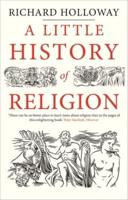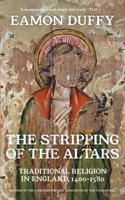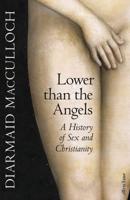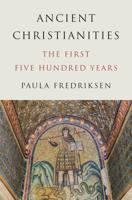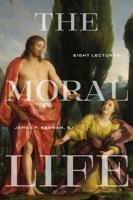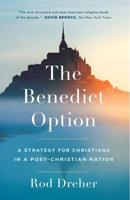Publisher's Synopsis
Kierkegaard and Christian Faith responds directly to the perennial and problematic concern of how to read Kierkegaard. Specifically, this volume presses the question of whether the existentialist philosopher, who so troubled the waters of nineteenth-century Danish Christendom, is a ""Christian thinker for our time."" The chapters crisscross the disciplines of philosophy, theology, literature, and ethics, and are as rich in argument as they are diverse in style. Collectively the chapters demonstrate a principled agreement that Kierkegaard continues to be relevant, even imperative. Kierkegaard and Christian Faith reveals just how Kierkegaard's work both defines and reconfigures what is meant by ""Christian thinker.""
Following an autobiographical prologue by Kathleen Norris, this volume gathers the chapters in pairs around crucial themes: the use of philosophy (Merold Westphal and C. Stephen Evans), revelation and authority (Richard Bauckham and Paul J. Griffiths), Christian character (Sylvia Walsh and Ralph C. Wood), the relationship between the church and the world (Jennifer A. Herdt and Paul Martens), and moral questions of forgiveness and love (Simon D. Podmore and Cyril O'Regan). The volume underscores the centrality of Christianity to Kierkegaard's life and thought, and rightly positions Kierkegaard as a profound challenge to Christianity as it is understood and practiced today.

